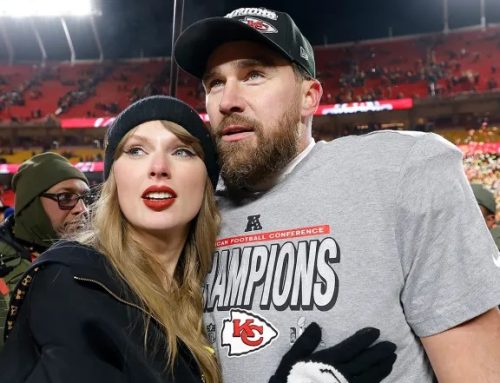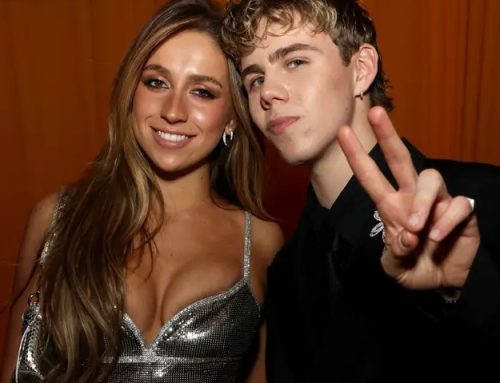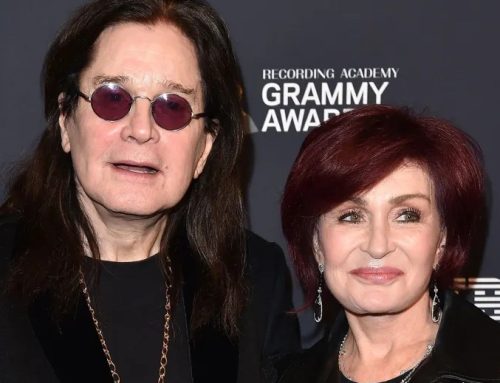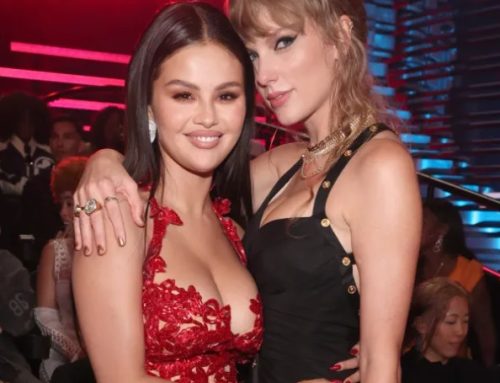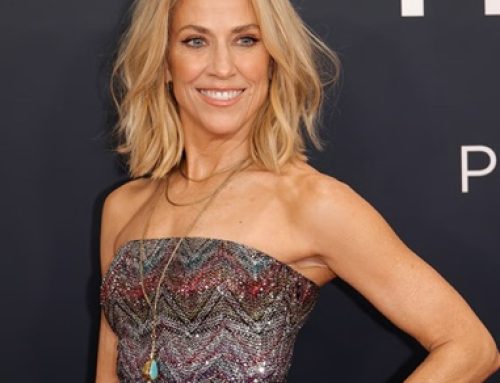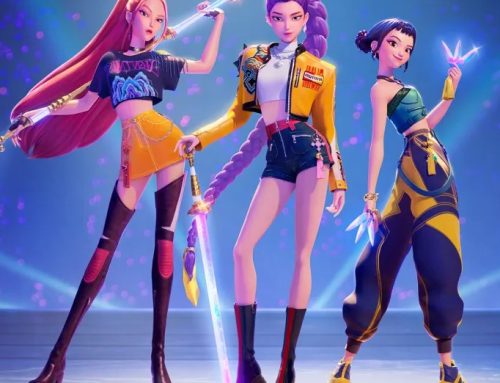“When women truly build sisterhood and community and help each other grow, that’s when we will witness genuine transformation,” says Jody Gerson, CEO of UMPG and co-founder of She is the Music.
Later this month, She is the Music will host a special event to honor Gracie Abrams at the Peppermint Club in Los Angeles. This event will also celebrate 50 successful women in the music industry, while working to create a larger community for the next generation of women in the field.
The event, called Women Sharing the Spotlight, is set for March 27, with support from Live Nation Women and TuneCore, and The Hollywood Reporter as its media partner. At the event, Dr. Stacy Smith from USC’s Annenberg Inclusion Initiative will present the latest results from the annual Inclusion in the Music Business report, alongside TuneCore CEO Andreea Gleeson.
In line with their mission to promote mutual support, She is the Music is encouraging the 50 honorees to invite a woman in the early stages of her career to the event. This initiative aims to expand networks and create more opportunities for career development.
“Our core belief is women supporting women. We’ve asked our honorees to bring women they see as rising stars, the next generation,” says Jody Gerson, Chairman and CEO of Universal Music Publishing Group and co-founder of She is the Music. “This is how true community is built. When women create sisterhood and support one another, we will see real change.”
She is the Music will recognize both Gracie Abrams and her predominantly women-led team, with Gerson praising Abrams as “an artist who embodies the values of our organization.”
“Being surrounded by such an incredible team of women has shifted my perspective on everything,” Abrams said in a statement. “They are not only incredibly talented individually but also purposeful in supporting each other. I’m thankful for the opportunity to learn from each one of them. I am truly honored to be recognized by She Is the Music, an organization that has done so much to highlight and uplift women in this industry. I hope our team serves as a small example of what’s possible when women support each other and build together.”
Alicia Keys, another co-founder of the organization, will honor Abrams and her team at the event.
“Gracie Abrams and her remarkable team show us what happens when women lift each other up—when we step into our power, we change the game,” Keys stated. “In an industry where female-led teams are still rare, their success reminds us that women belong in every room, at every table, leading every conversation. She Is the Music is about breaking barriers, opening doors, and ensuring that the next generation of women in music doesn’t just have a seat at the table—they build the table.”
This She Is the Music event takes place just weeks after the Annenberg Initiative report highlighted the ongoing challenges women face in securing executive roles within the music industry.
Of the 37 music companies examined, only 13 percent of CEOs or presidents were women—a figure that has remained unchanged for the past four years.
Gerson, one of the few female CEOs in the industry, acknowledged the lack of progress and the need for improvement but emphasized that “it takes time,” adding that the road to progress involves “elevating women, not undermining men.”
“The purpose of our event is to bring together experienced women, who will support and create space for others,” Gerson explained. “I believe we’re making progress. There are more women ambitious enough to run companies now than when I started. I believe women running companies must be conscious of bringing in more women.”
The Annenberg report’s call for greater representation of women in the business also coincides with the Trump administration’s efforts to roll back diversity, equity, and inclusion initiatives across various industries, including entertainment.
Gerson stressed the importance of hiring the best talent and providing adequate training, but she also believes that regardless of DEI mandates, the music industry must prioritize creating a workforce that reflects the diversity of the artists they represent, including race and gender.
“It’s not just about meeting DEI requirements. Music is a unifier, and for that to happen, our teams should reflect the diversity of our artists,” Gerson explained. “Imagine a business where all creative areas are staffed by one type of person—we’d only sign one kind of music. Even without DEI mandates, we should be an industry that leads by example in diversity, because what we produce is diverse. We have a responsibility to hire diverse teams, regardless of the regulations.”




